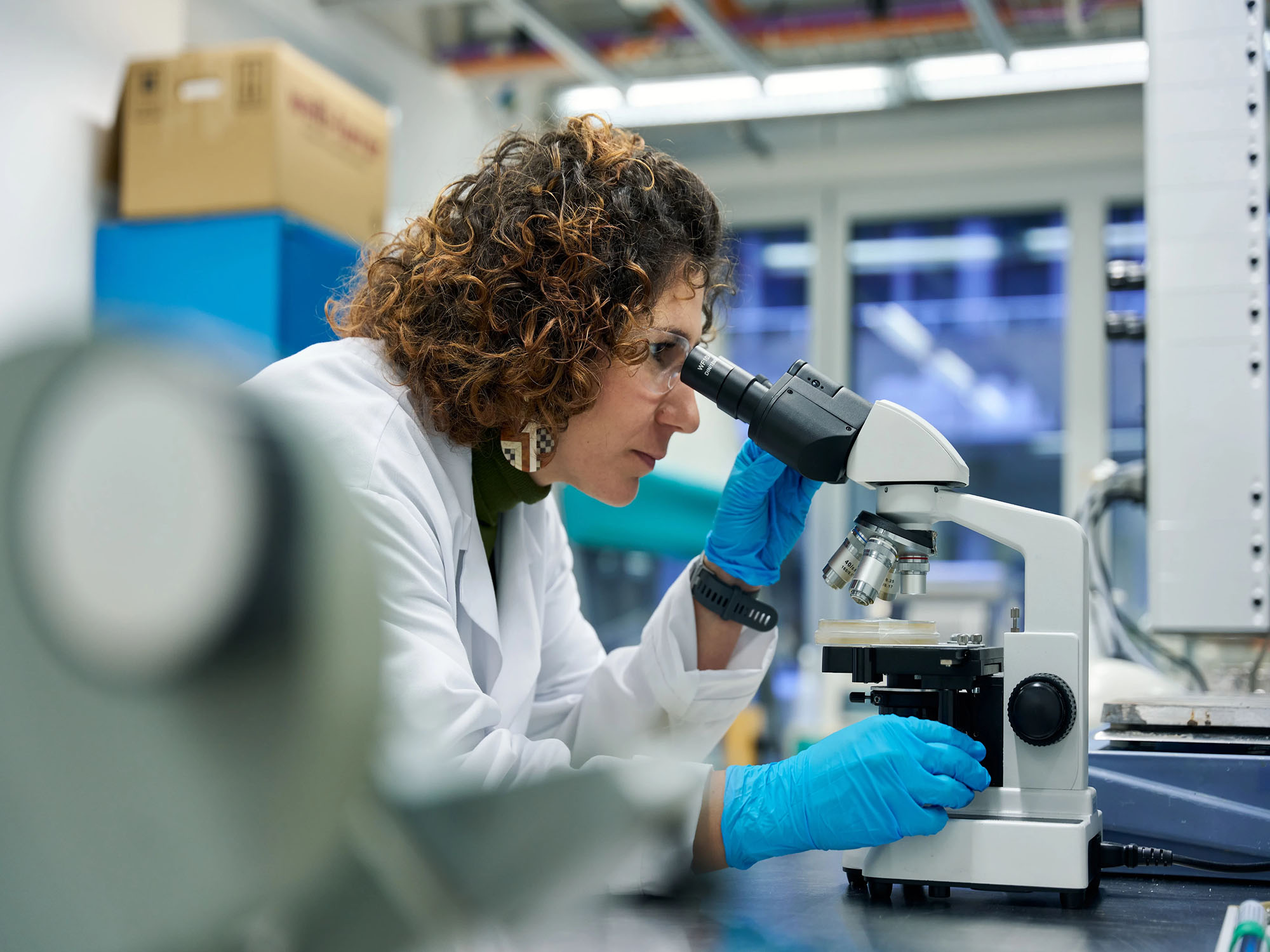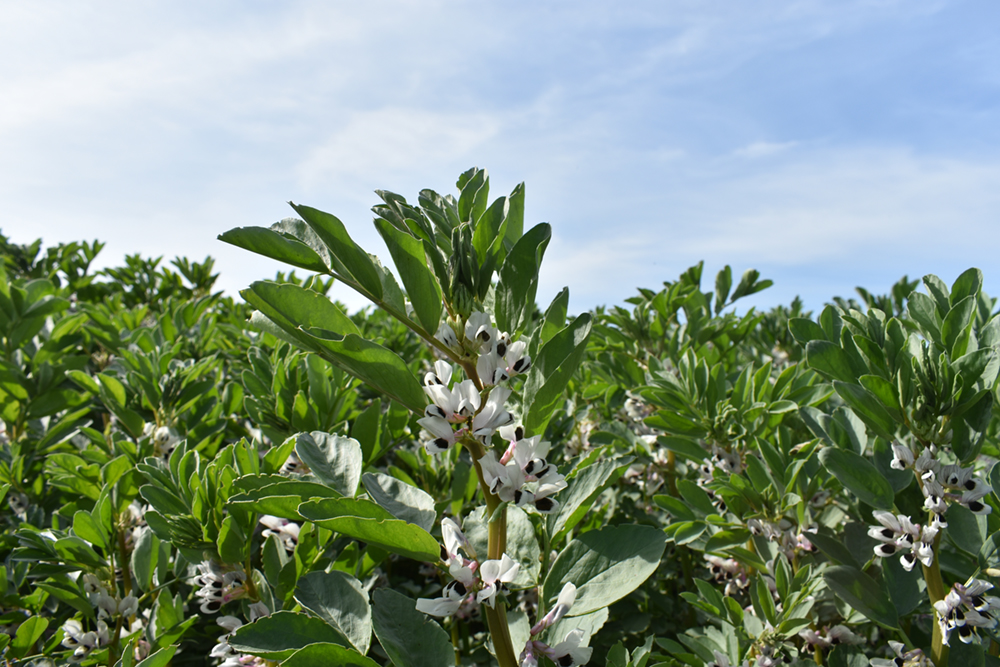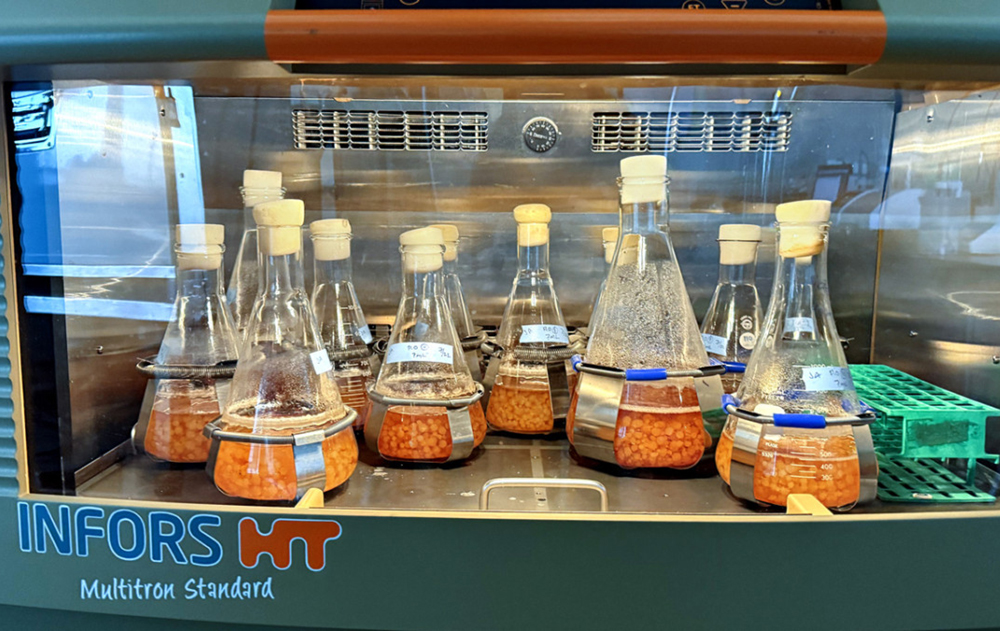

Cultivated Biosciences rebrands as Cosaic and unveils new brand identity and ingredient aimed at transforming food formulation
Cultivated Biosciences has rebranded as Cosaic, signaling a new chapter for the Swiss biotech company as it launches its flagship ingredient, Cosaic Neo. The rebrand reflects an evolution in the company's vision and product strategy, following three years of development into yeast-derived ingredients aimed at improving the texture, taste, and formulation of dairy and dairy-free foods.
Tomas Turner, Co-founder & CEO, first launched the venture in 2021 with a simple idea: grow fats from yeast to improve the creaminess of plant-based cheese alternatives. Over time, that concept grew into something broader. “We learnt from the industry about much bigger needs than pure fat alternatives and discovered that our ingredient was much more powerful than fat,” Turner said. “A multifunctional natural emulsion from yeast.”
What began as a solution for plant-based cheese has since developed into a multifunctional ingredient composed of fats, proteins, and fibers. This composition allows Cosaic Neo to replicate multiple functions that are usually handled by several separate ingredients. According to the company, it improves mouthfeel and flavor, enhances physical stability, and helps clean up product labels by removing the need for additives like gums and emulsifiers.
Cosaic Neo is aimed at a wide range of applications, from ready-to-drink protein shakes and dairy-free milks to sauces, mayonnaises, and creamy liqueurs. Among these, the company sees particular potential in high-protein beverages, a fast-growing category in the USA. While most commercial plant-based protein shakes cap protein content around 8% – about 25g in a 12oz bottle – Cosaic Neo enables a protein load of up to 13%, or approximately 43g per serving, the company claims.
The issue with traditional formulations, according to Cosaic, lies in the tendency for proteins to gel and for plant-based shakes to carry off-notes that reduce palatability. By replacing gums and other additives, masking undesirable flavors, and improving protein solubility, Cosaic Neo is intended to make these next-generation formulations possible.
Cosaic is currently working with large food companies on trials for high-protein beverages using its ingredient, with commercial launches targeted for 2026 in the US market.

Explaining the science behind the product for non-specialists, Turner compared emulsions to homemade salad dressing, where oil and water struggle to mix. “Until now, emulsions have been of two types: natural animal-derived like milk or egg yolks, and industrial ones stabilized with emulsifiers like lecithin,” he said. “We’ve created a third kind: natural, animal-free from yeast.”
Cosaic Neo resembles dairy cream in appearance and structure. It grows within the yeast cell in an already stable form, eliminating the need for chemical stabilization. This natural stability translates into improved performance in final food products. Unlike traditional ingredients that each serve a single function – be it flavor, texture, or nutrition – Cosaic Neo combines multiple roles into one input, potentially simplifying formulation and production processes.
To produce the ingredient, the company cultivates non-GMO oleaginous yeast through biomass fermentation at a contract manufacturing facility. The yeast is fed sugar, and Cosaic uses a proprietary, non-chemical process to extract the emulsion using standard equipment. The process avoids the need for genetically modified organisms or complex extraction technologies.
Asked about the origins of the new name, Turner was succinct. “Why ‘Cosaic’? Why not?” he said. “It’s mosaic with a C – to refer to the mosaic of ingredients blending into one product. And the mosaic of our fats, proteins, and fibers blending into one emulsion.”
As for the product name, he added, “Cosaic Neo sets new rules for food ingredients. It’s not simply a fat alternative, not just a texturizer or emulsifier. It blurs the lines of ingredient categories and allows us to rethink how food products are made.”
The company’s product development team is now working with partners across the food industry to explore reformulation opportunities, helping brands meet both technical requirements and evolving consumer expectations.
If you have any questions or would like to get in touch with us, please email info@futureofproteinproduction.com

.png)






